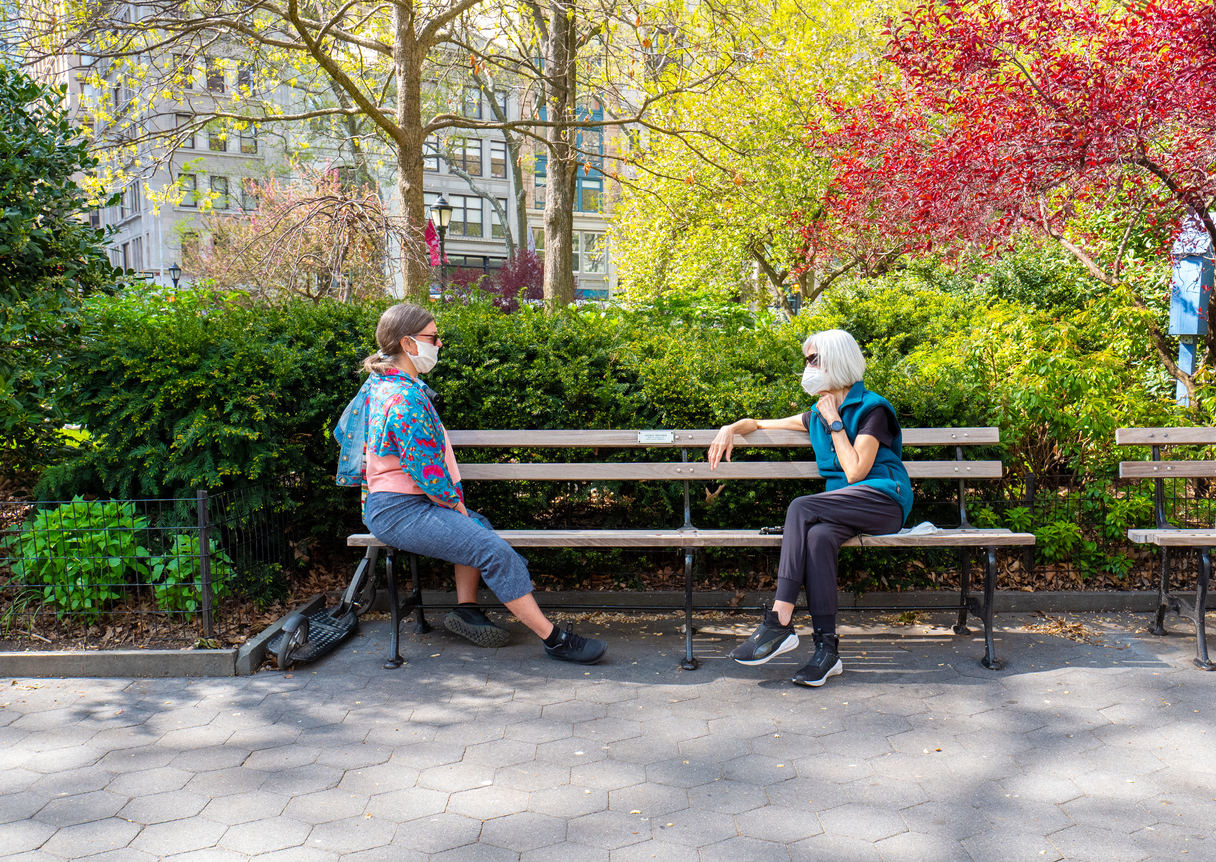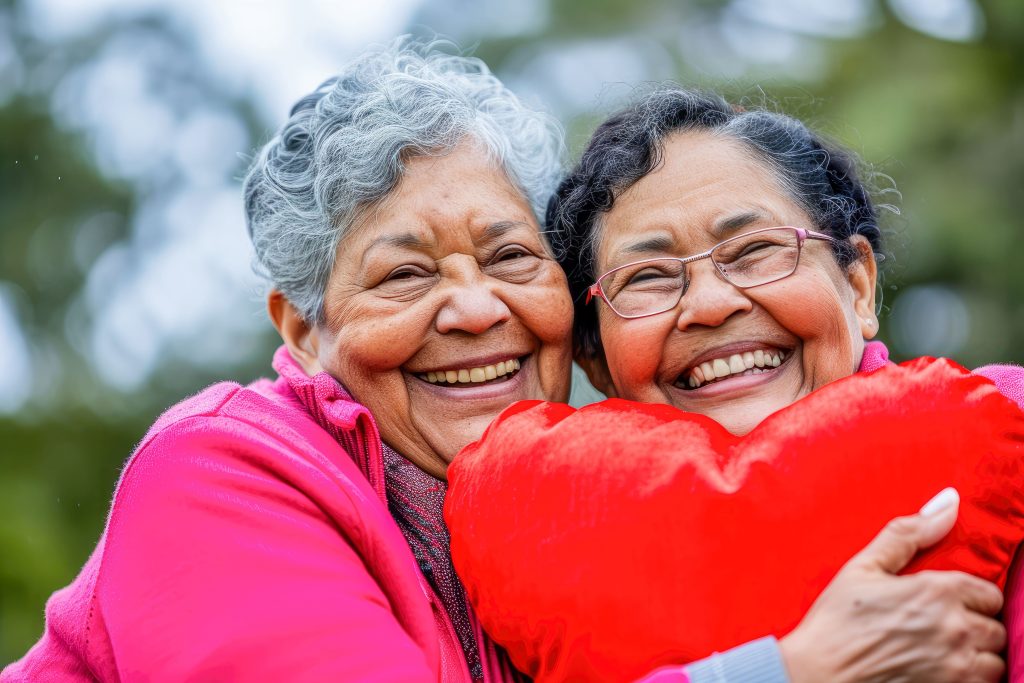As shelter in place restrictions are gradually eased this summer, people are still being advised by public health officials to stay home as much as possible and to maintain physical distancing. While some restrictions are loosening, the virus is still circulating in the community and it remains dangerous—especially for older people. Sheltering in place can help keep you safe, but for some it can have a downside too, leading to feelings of isolation, loneliness or even depression.
During the pandemic many older adults have found new ways to stay connected through technology, others may not have access to the internet at home or may not feel comfortable with video calls or social media platforms that could help keep them connected to friends and family.
What can be done? Recognizing feelings of isolation, loneliness or depression is the first step in alleviating them. Taking some simple actions can help make sheltering in place more tolerable.
James Chessing, Psy.D., a clinical psychologist at Sutter’s Eden Medical Center in Castro Valley, says, “Sheltering in place is certainly a major challenge, but still only a challenge, one of many that a senior has dealt with in his or her life. Framing it that way calls to mind the coping skills that were used to surmount past challenges, as well as the memory of having succeeded in dealing with other tough situations. While the current situation may certainly be different, the skills or coping devices used in the past may be applicable now. Remembering that feeling of success may give hope.”
Dr. Chessing’s tips to help older people stay socially connected while maintaining physical distance include:
• set up regular phone call check-in times with loved ones
• become pen-pals with a friend or relative
• take advantage of the pleasant summer weather and set up outdoor seating (spaced the minimum six feet apart) to enjoy face-to-face conversations
• get some training or coaching on how to set up a video visit or talk via FaceTime—try asking a your adult child or a tech-savvy teenage grandchild
Just as human connection impacts mental health, so too does physical health. It’s important to your mental health to maintain your physical well-being. One strategy to keep your physical health strong is to maintain a regular schedule, says Pamela Stoker, an injury prevention specialist with Eden Medical Center’s Trauma department.
“Maintaining a regular daily schedule can provide comfort, familiarity, and health benefits. We recommend creating a daily schedule with regular mealtimes, regular bedtime and wake-up, and regular exercise. Irregular meals and sleep can have a negative impact on your hormone levels and medication responses. An irregular schedule can also cause your blood sugar to fluctuate, which can lead you to make unhealthy food choices—like reaching for cookies when you’re tired. And changes in sleep patterns, like staying up late one night and going to bed early the next, can affect metal sharpness, lower your energy level, and impact your emotional well-being.”
“The good news is that regular exercise helps keep your body strong, protects you from falls, and improves your mood,” says Stoker.
Adding to the feelings of depression and loneliness can be the feeling of lack of control, says Dr. Chessing. Even before the pandemic, some older people may have struggled to maintain independence while accepting the help of family and friends. Well-meaning family and friends may try to be helpful by delivering groceries or handling other errands in order to keep you safe from the virus, but this help may cause feelings of discomfort. You may not want to rely on others too much and you may feel your independence is slowly being stripped away. It is important to discuss these feelings with loved ones; remind them of your strengths, while acknowledging your own limitations. As Dr. Chessing reminds us “having open communication will allow you to explore the facts and weigh the risks in order to make informed decisions about behaviors.”
In uncertain and distressing times such as these, you or someone you love may find that it’s not enough just to stay connected with others and maintain a regular schedule—you may find professional help is needed. In the extreme, feelings of depression, loneliness, and lack of control can lead to destructive behaviors like excessive drinking, violence or self-harm. That’s why Dr. Chessing recommends staying in close contact with your doctor and reaching out for help if you feel overwhelmed.
The hardest part may be asking for help, but help is available without judgement.
Call your doctor or call:
• Friendship Line California 24/7, toll free: 888-670-1360. Crisis intervention hotline and a warm line for non-emergency emotional support for Californians over 60. The phone line is staffed with specialists to provide emotional support, grief support, active suicide intervention, information and referrals.
• Crisis Support Services of Alameda County, 24/7, toll free, 1-800-260-0094. Additionally, Crisis Support Services of Alameda County has expended service to include friendly visits by phone for home-bound seniors.





